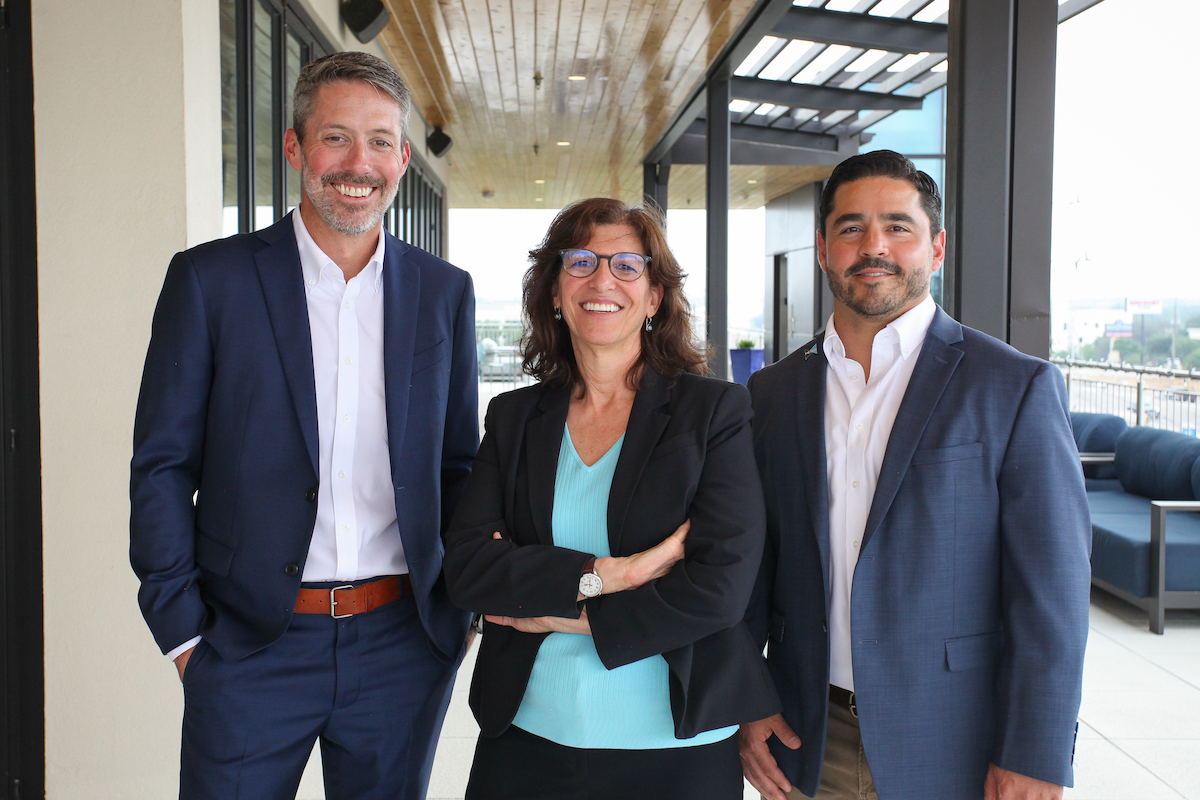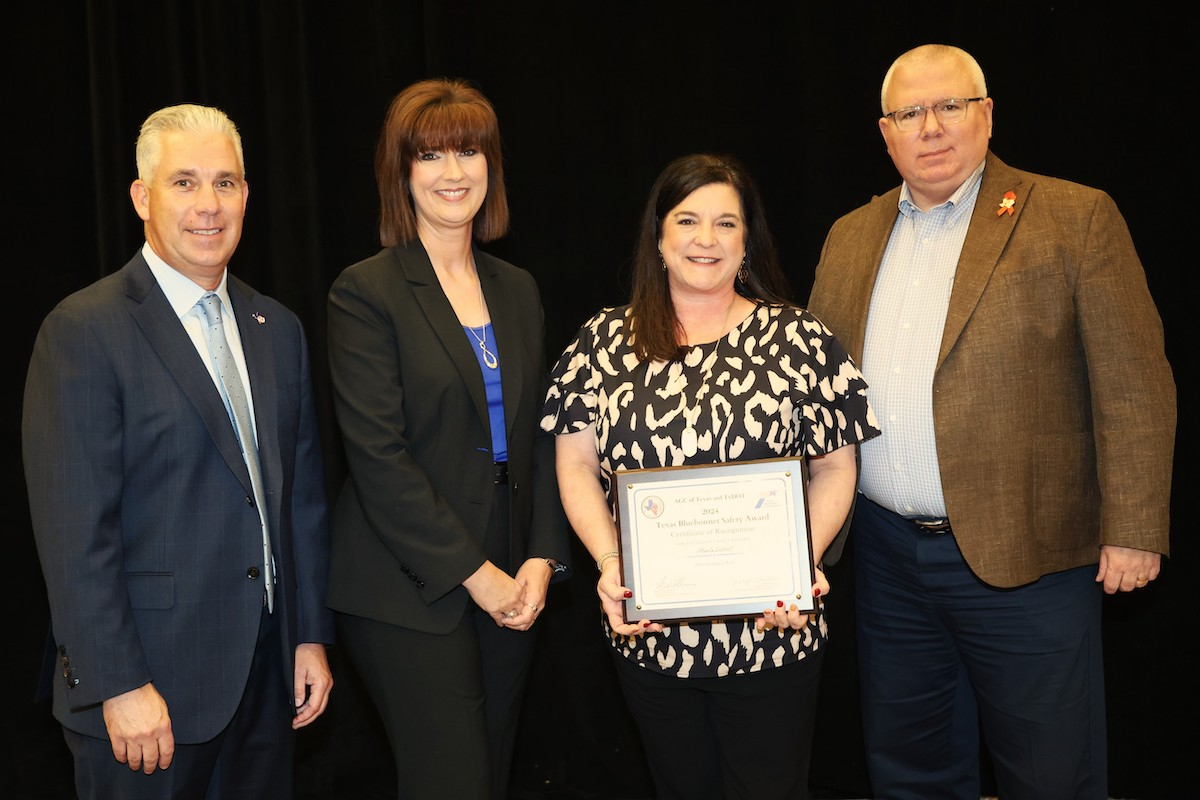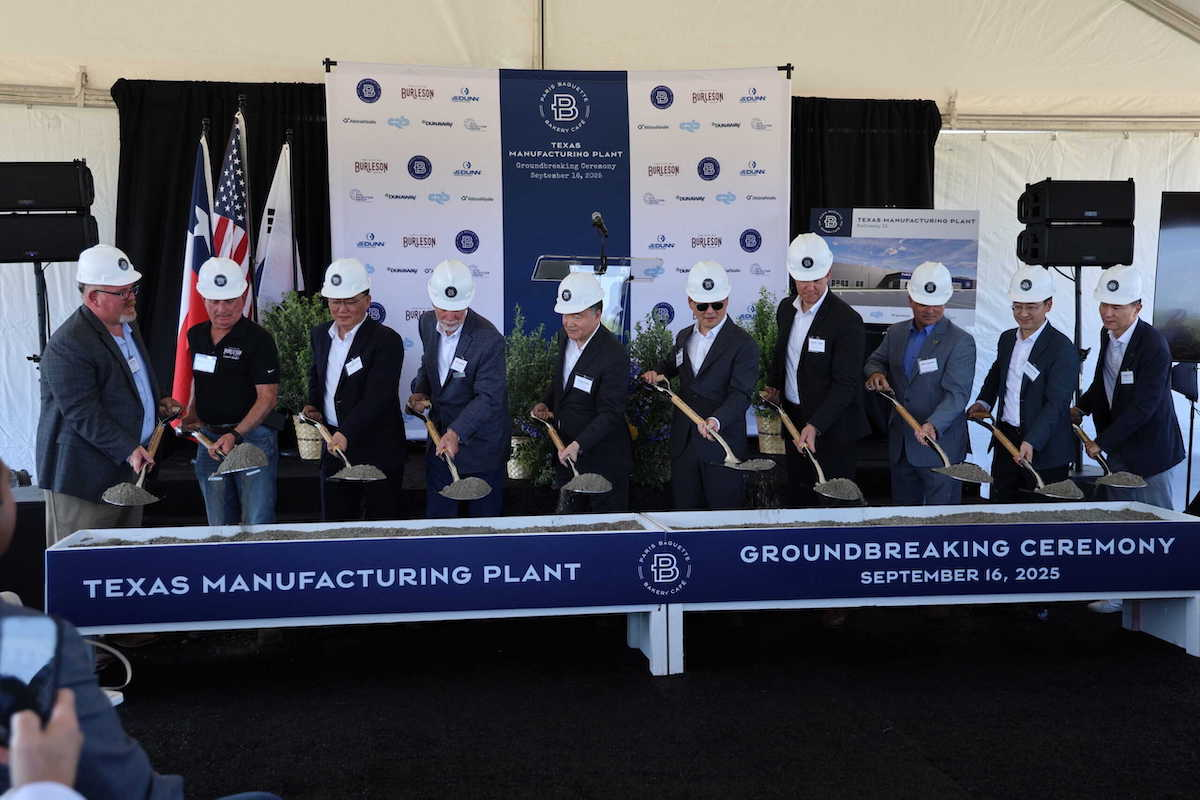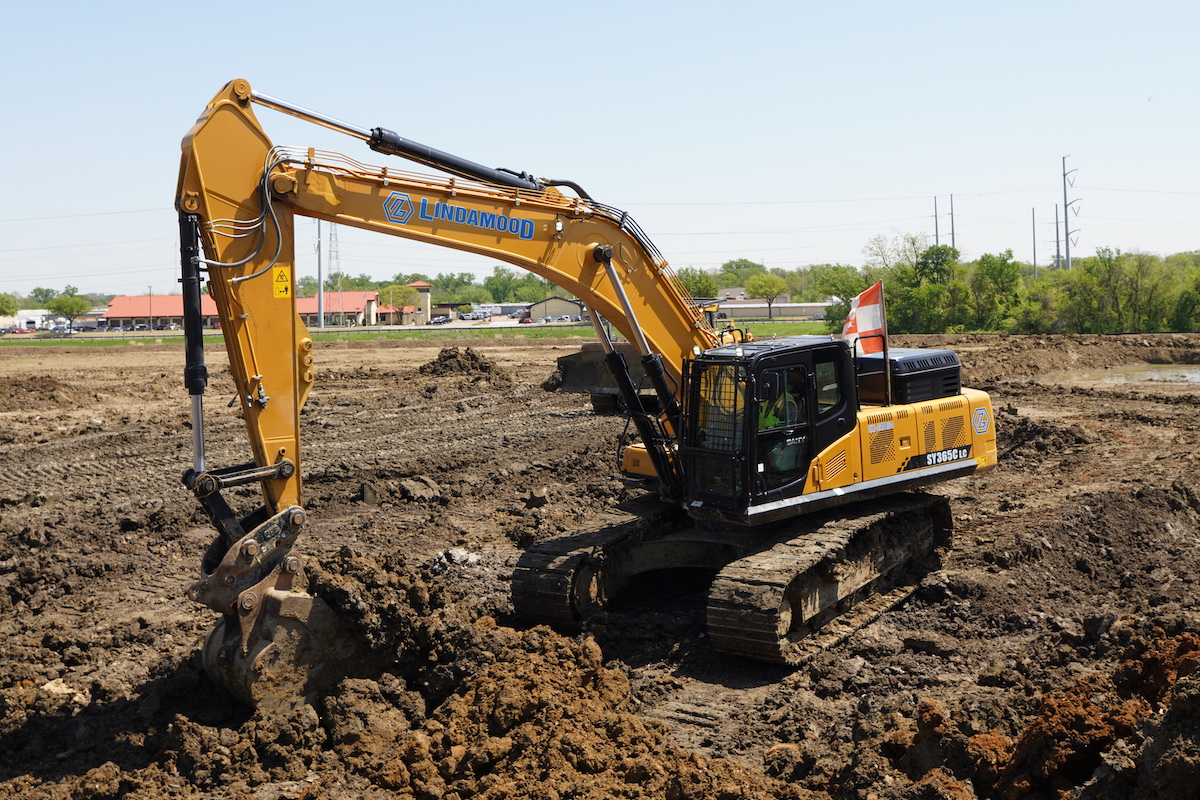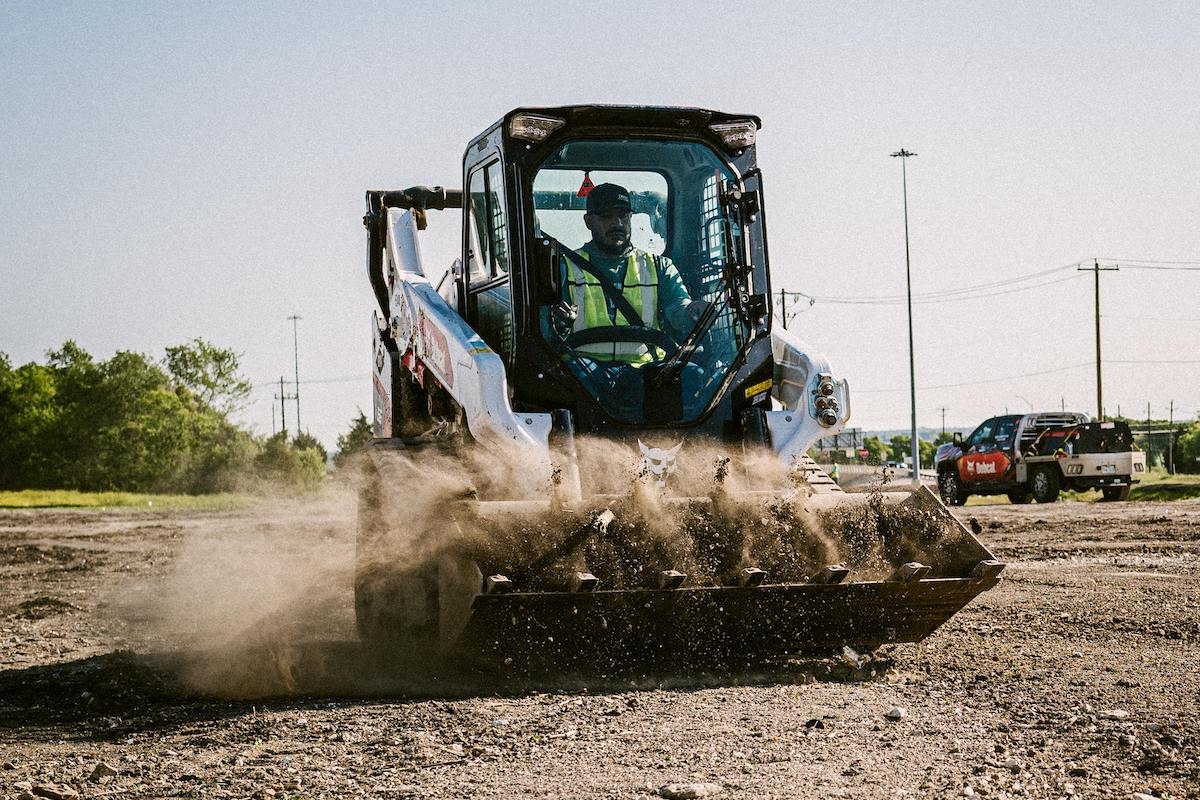According to the 2021 Construction Outlook Survey by the Associated General Contractors (AGC) of America, 54 percent of construction firms have a difficult time filling salaried and hourly positions, while 49 percent of construction firms expect it will either get harder, or remain as hard, to find qualified workers in 2021.
“And that’s not new,” according to Cyndi Mergele, a Senior Director in RSM’s national construction practice. “You've got an aging workforce. You've got jobs that are never filled. And the labor demand is driving wages higher.”
According to the AGC, the average wage of a skilled construction worker is $32.93 an hour. Mergele says this leads to a crucial question: Will wages alone drive more people to the trade? Her hypothesis: There likely needs to be more to appeal to employees.
We spoke with Mergele about how contractors can get creative and appeal to new talent.

| Your local Trimble dealer |
|---|
| WPI |
What’s the biggest challenge of attracting new talent for contractors?
Part of the challenge is around benefits and the work experience. If we are going to compel students to forgo college in exchange for the construction trades, then the perceived value beyond wages has to be more comparable to what a college education and professional career look like.
For example, vacation benefits. A number of contractors still don't provide paid time off. If I'm talking to my buddy who just graduated from college, got a job, and now they're going to get two or three weeks of vacation a year, and I’m thinking about the trades, it’s tough. Yes, I can make money – but if I don’t work, I don’t get paid. That wears thin over time.
How can the industry improve this?
That’s where union shops have an advantage, because whether it's vacation, sick leave, pension or retirement, it’s generally been bargained. Regardless of how you may feel about an open shop or a union environment, it is being negotiated for employees.

| Your local Liebherr Construction Eq dealer |
|---|
| Nueces Power Equipment |
I think that’s one challenge. The other is that there isn’t always a clear path toward career progression for skilled-trades professionals in construction companies.
Meaning promotion?
Advancement and growth. Promotion is one way, but people can also grow in their roles. There should be opportunity to have progression in your career earlier and more effectively.
It’s a vicious cycle when companies, including HR teams, have to spend exhaustive hours and resources to fill positions. Maybe we need to refocus the strategic effort on what can we do to enhance the long-term employee experience – perhaps through compensation, benefits or career development – so we can negate the turnover and enhance the quality of hire.
What can contractors learn from each other?

| Your local Wirtgen America dealer |
|---|
| Kirby-Smith Machinery |
| Nueces Power Equipment |
Many specialty trade contractors have Department of Labor (DOL) apprenticeship programs. Those provide clear line of sight to wage progression and training progression. You can say, “I started as an apprentice and within X number of months, I will be 25 percent of the way through the training program and I’ll get 25 percent of the journey level pay.” People clearly see their path.
Companies should take advantage of those apprenticeship programs. In trades where there’s licensing, contractors are more likely to have those programs.
But I think the question is, if a trade doesn’t require journey level positions, why couldn’t they mirror something similar? Structure a program in terms of training and pay to mirror a DOL apprenticeship program. That shows employees where they can go.
Have any niches of the industry handled the labor crisis well?
Communities that have earlier outreach to high school students – such as construction trade high schools or partnerships with technical colleges that have construction trade programs – are showing some results.

| Your local Wirtgen America dealer |
|---|
| Kirby-Smith Machinery |
| Nueces Power Equipment |
It’s harder in communities that don’t have these programs. For years, it's been communicated to kids that the pathway to success is a college degree. And they have college fairs, college day and night programs. We, as an industry, should be participating in similar events to include high school vocational jobs. It’s crucial to get in front of these kids as early as possible. When they're contemplating what's next after high school and as a senior in high school, it’s probably too late.
Imagine all the kids that are working in jobs that may not be their lifelong dream – working in fast food, for example. Why wouldn't we get in front of them to say, “Instead of thinking about a short-term job, why not think about a long-term career?”
Have any types of companies shown themselves to be adept at winning over new talent?
Larger companies have some resources, but I've seen smaller companies that have been creative and successful. Regardless of size, they're able to communicate the value proposition to working – maybe just not in the industry, but for their company. Maybe it’s around their culture, their approach to developing their employees, or maybe they just pay better.
At one company in San Antonio, the president started as an entry-level technician and tells the story of their journey. Imagine you’re 18 years old, you start in a blue-collar, entry-level position, and 30 years later, you’re president of the company. That’s inspiring.

| Your local JCB North America dealer |
|---|
| Monk JCB |
| BOSS JCB |
| ASCO Equipment |
| South Star JCB/Meinecke |
What’s the biggest lesson contractors must take from the labor shortage, regardless of what kind of shop they are?
Something has to change. Somebody needs to dare to be creative. We can’t be afraid of the higher-wage earners in construction being those team members in the field. Everybody's position is valuable, but the folks in the field are the lifeblood of a construction company.
And on creativity, contractors should offer a compelling alternative for employees, especially when they’re having to work in the elements. You are going to have days where it's hot, you're going to have days where it's cold, you're going to have days where it's wet, where it's icy. What compels people to say, “This is a really good job”?
If I can help people understand the lifestyle they could have in entering a construction career, it would definitely change the landscape.
Cyndi Mergele, SPHR, SHRM-SCP, is Senior Director of Human Resources Consulting at RSM US in San Antonio. She can be reached at 210-828-6281 or cyndi.mergele@rsmus.com.

| Your local Bobcat dealer |
|---|
| Compact Construction Equipment, Inc |
| Bobcat of North Texas |













